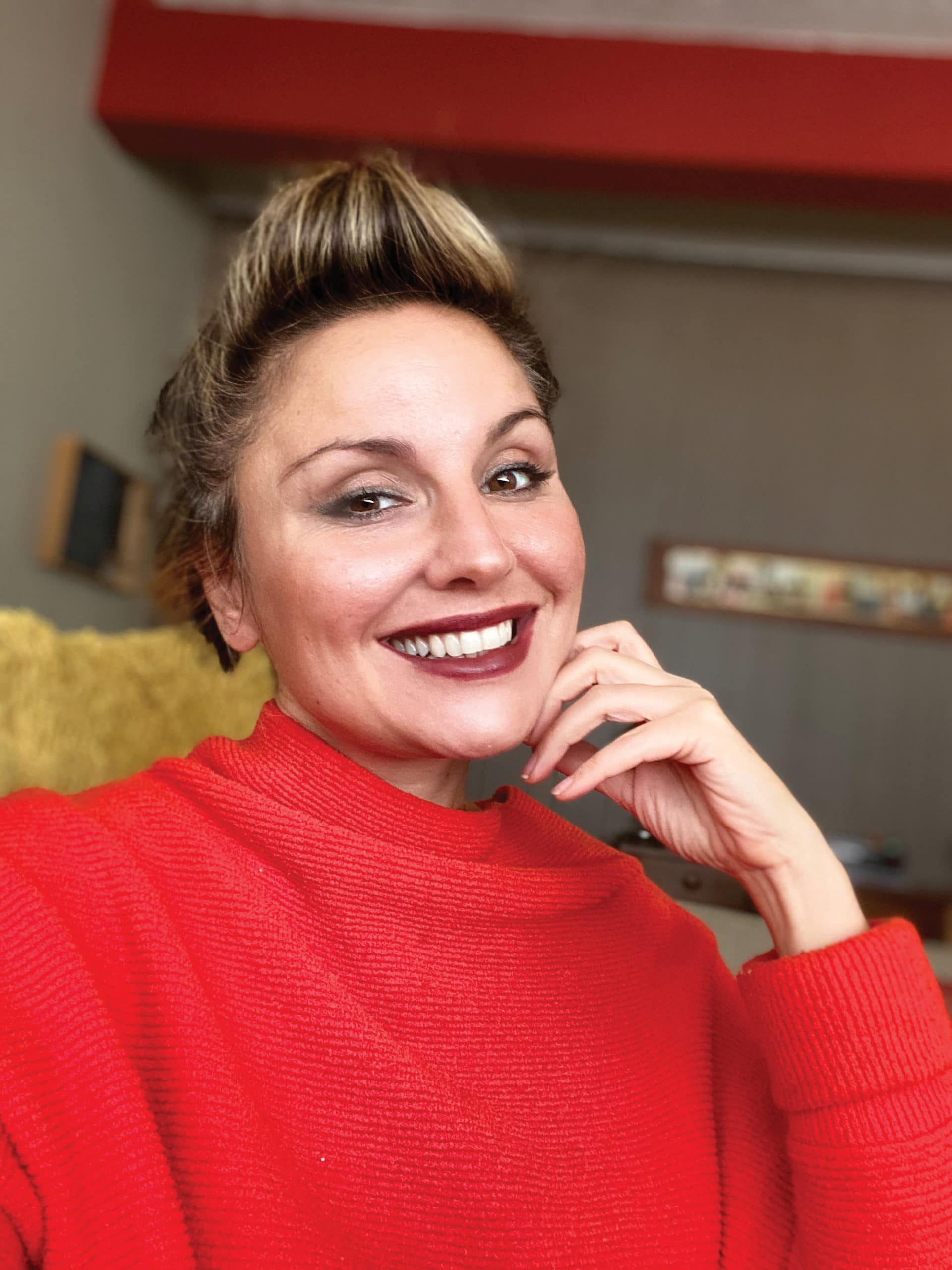When discussing the current climate, the old timers shake their concerned heads and drop their judgmental pearls of wisdom. The millennials gaze at the bright future of utopian bliss, where no one feels pain or any confusion. I find myself refusing to be young or old, hoping to cling to truth of some sort and maintain the golden symmetry, at least in my mind. I tell myself, “We are doomed in beautifully tragic ways, headed toward some fantastic finale!”
On the eve of yet another topsy-turvy year, as we approach the season of laughter and cheer, I asked myself, when was the last time I really laughed? Rolling-on-the-floor, gut-busting, face-hurting, tears-rolling sort of laughter? The kind that leaves you collapsed on the floor, in a state of some post-orgasmic bliss, with a stupefied smile plastered across your face as you stare at the ceiling. Can I even remember? I then took a survey from my clients and friends, and they all concurred it had been too long for all of us.
It is perhaps that awful thing called age — perhaps we run out of that laughing gas. We become weighed down, and the world stops being funny. We become somewhat subdued and call it “wisdom.” There is a certain pleasantness to this weighted calm; like a rock, we slowly sink to where the eternal darkness awaits. And there, we merge with the black oneness of no longer being.
With depression and suicide rates among youth at all-time highs, why not explore one of the most natural healing remedies for depression? We live in an age where comedians get slapped for jokes, and celebrities canceled, sacked, and publicly flogged. Humor, as a characteristic of our species, has probably the most diverse application to our survival. Starting from neurobiology to physical health, to socialization, creativity, play, politics, cultural affiliation, formation of collective narratives, to social consciousness, to trauma healing, the list is endless.
Laughter, for example, swaps cortisol, a stress hormone, for chemicals such as oxytocin, dopamine, and endorphins. Oxytocin is a bonding chemical. When we laugh together, we chemically bond with each other, decreasing feelings of animosity and apprehension and signaling safety. Dopamine enhances learning, motivation, and attention. We are more likely to focus and retain information. Fun teachers made learning exciting. Endorphins enhance feelings of pleasure. People can tolerate 15 percent more pain simply by laughing for a few minutes beforehand. Other health benefits of laughter include an improved immune system, reduced anxiety, stress relief, and mood enhancement.
Poking fun at each other helps youth socialization, provides information about specific cultural norms and expectations, and cultivates verbal development and creativity. During the Elizabethan era, jesters were the most important conveyors of truth to the royalty. They could communicate the mob’s sentiments to the ruler disguised in humor. Jesters had the privilege of voicing otherwise controversial themes without the risk of punishment. Comedians showcase cultural stereotypes and norms and allow a safe exploration of differences. Humor is an essential bonding component of any given social structure.
Through humor, we can distance ourselves from emotional anguish, universalize our pain, and connect to the greater whole, thus healing trauma and grief. It is through humor that we are able to explore the most painful aspects of the human condition. It gives voice to that which is too heavy to talk about and helps us digest our emotional experiences.
The current obsession with eliminating negative feelings instead of digesting them begins to strip us from our individuality. Like Tolstoy said, “Happy families are all alike; every unhappy family is unhappy in its own way.” Negative feelings are messages from within. They bring into focus that which is important. This helps us grow and transform. Excessive over-policing of pain eliminates humor, yet the pain doesn’t go away, so how do we heal?
The core of the human experience is existential loneliness. Who am I? Why am I here? Am I okay? Am I lovable? How painfully fragile and awkward we are; how absurd is this circus of life? And yet, without touching down to these places, albeit with humor, we cease to exist as individuals. We become one social robot, one social experiment, unthinking, undifferentiated. Perhaps no longer confused, not in pain, but also not living as a singular entity.
This holiday season, bring back the cheer in your living room — poke fun at each other, laugh at stupid jokes, be silly, roll on the floor, and stare at your ceiling with a dumb smile plastered all over your face, because without that gas, my friends, life is a bust. spt







Comments